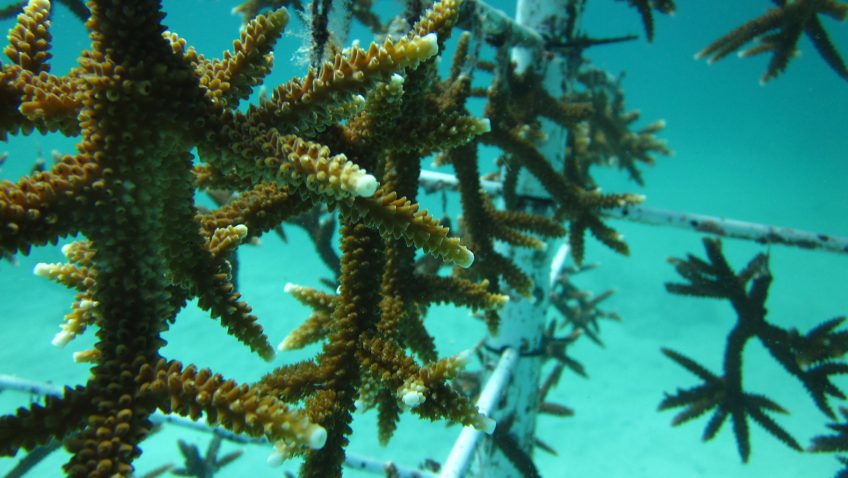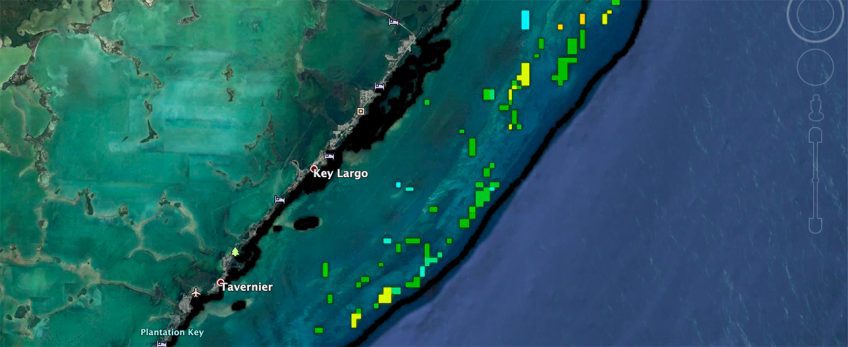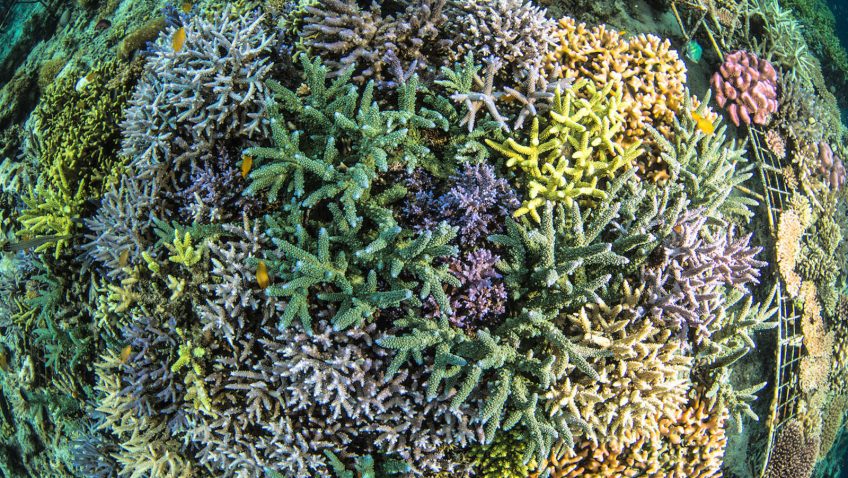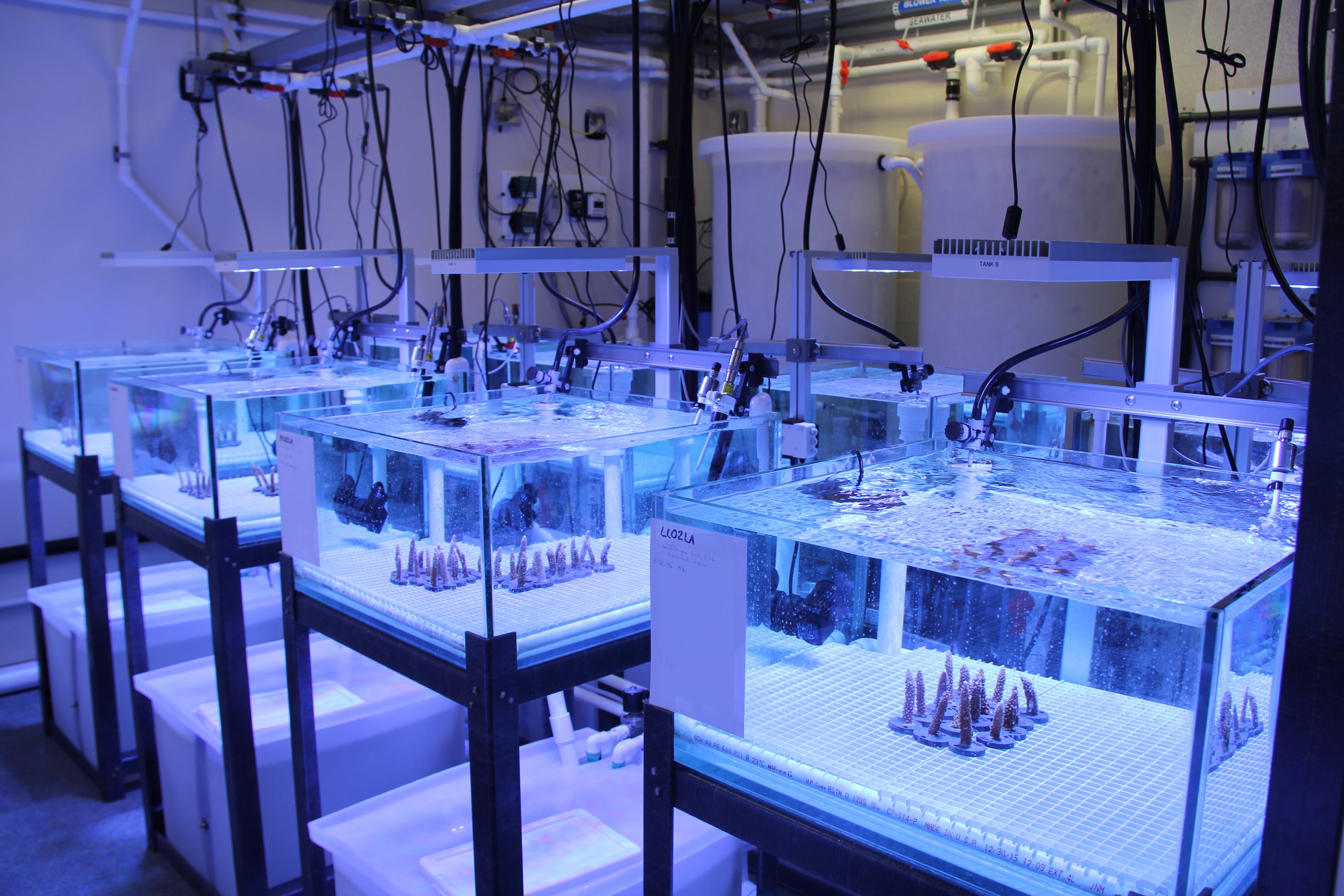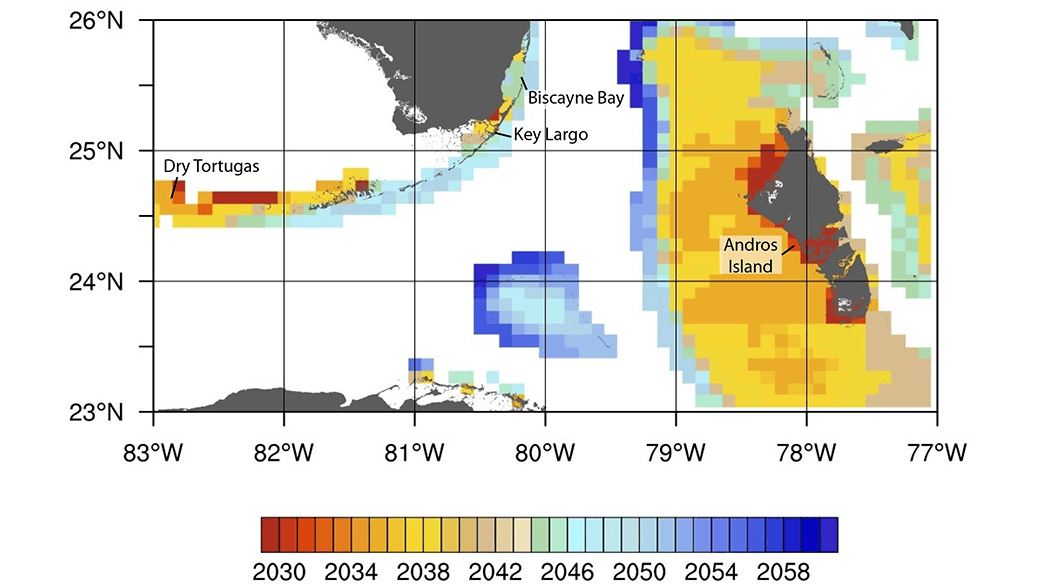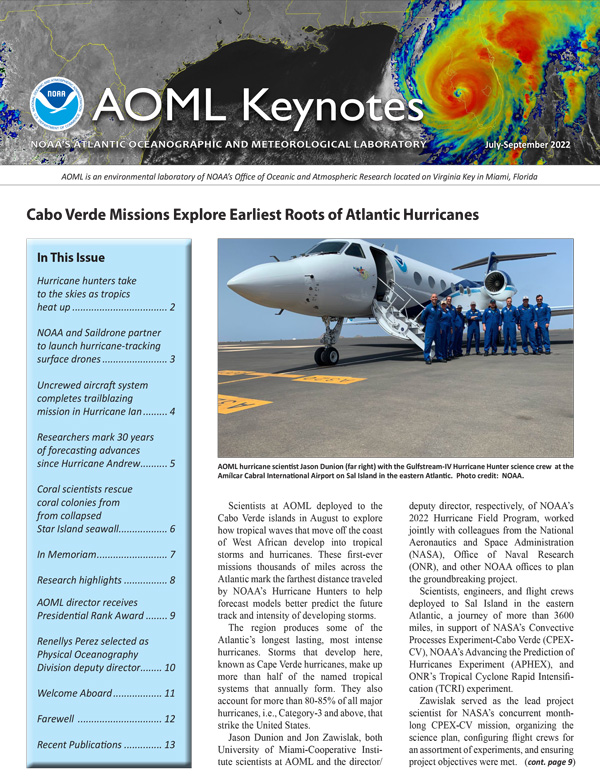Heat Tolerant Corals May Be the Key to Improving Restoration Efforts
A new study by researchers at the University of Miami’s Rosenstiel School of Marine and Atmospheric Science and NOAA’s Atlantic Oceanographic and Meteorological Laboratory suggests that outplanting corals, specifically staghorn coral (Acropora cervicornis) from higher temperature waters to cooler waters, may be a better strategy to help corals recover from certain stressors. The researchers found that corals from reefs with higher average water temperatures showed greater healing than corals from cooler waters when exposed to heat stress.
